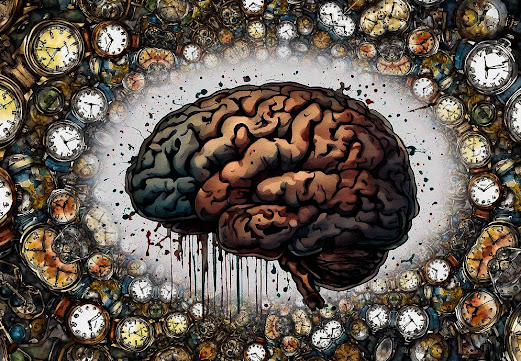Analytical Psychology : Awareness, Research and Resources
“We should not pretend to understand the world only by the intellect; we apprehend it just as much by feeling. Therefore, the judgment of the intellect is, at best, only the half of truth, and must, if it be honest, also come to an understanding of its inadequacy.” ― Carl Jung
Analytical Psychology Research
Analytical Psychology
"Analytical Psychology is a branch of psychology founded by Swiss psychiatrist Carl Gustav Jung. It focuses on the exploration of the unconscious mind and its influence on behavior, personality, and development. Jung's approach to psychology diverged from his contemporary, Sigmund Freud, particularly in their views on the nature of the unconscious.
Key concepts in Analytical Psychology include:
- Collective unconscious: Jung proposed that there exists a collective unconscious shared by all human beings, containing universal symbols, archetypes, and patterns of behavior. These archetypes, such as the mother, the hero, and the wise old man, are inherited and deeply embedded in the human psyche, influencing thoughts, feelings, and behaviors.
- Archetypes: Archetypes are universal symbols or themes that emerge from the collective unconscious and manifest in myths, dreams, religions, and cultural symbols. They represent fundamental human experiences and motivations, such as the quest for identity, the struggle between good and evil, and the journey toward individuation.
- Individuation: Jung emphasized the process of individuation, whih involves integrating unconscious elements of the psyche into consciousness to achieve wholeness and self-realization. Individuation is a lifelong journey toward personal growth, self-awareness, and the realization of one's unique potential.
- Persona and Shadow: The persona represents the social mask or facade that individuals present to the outside world, while the shadow consists of repressed or unconscious aspects of the personality, including negative traits, desires, and instincts. Integrating the shadow is a crucial aspect of individuation, as it involves acknowledging and accepting the darker aspects of oneself.
- Anima and Animus: Jung proposed the existence of the anima (the feminine aspect within men) and animus (the masculine aspect within women) as archetypal representations of the opposite gender within the psyche. Integrating the anima or animus is another step toward individuation, leading to a greater balance and understanding of the self.
- Psychological Types: Jung developed the theory of psychological types, which classifies individuals into different personality types based on their preferred ways of perceiving and judging the world. The most well-known aspect of this theory is the distinction between introversion and extraversion.
Analytical Psychology has had a significant influence on psychology, psychotherapy, and various fields such as literature, mythology, and anthropology. Jung's ideas continue to be studied and applied by psychologists, therapists, and scholars around the world." (Source: ChatGPT 2024)
Analytical Psychology: Theory and Practice MDPI
Normality in Analytical Psychology NIH
Research in Analytical Psychology Perlego
Research in Analytical Psychology and Jungian Studies Routledge
Subjectivity in Analytical Psychology research: an ethical perspective Junguiana São Paulo
Analytical Psychology Training Programs C.G. Jung Institute Zurich
How does Carl Jung describe Analytic Psychology? SciSpace
International Association of Analytical Psychology IAAP
Jungian Psychology And The Analytic Movement Betterhelp
International Association of Analytical Psychology IAAP
Journal of Analytical Psychology JAP
Normality in Analytical Psychology NIH
Qualitative Research in Analytical Psychology Taylor and Francis Online
Research in Analytical Psychology: Applications from Scientific, Historical, and Cross-Cultural Research Taylor and Francis Online
Study Analytical Psychology Psychology School Guide
The Analytical Psychology of Carl Gustav Jung PDF Download Victor Daniels
The Analytical Psychology of Jung Academia
Theoretical Foundations of Analytical Psychology: Recent Developments and Controversies Wiley Online Library
Theoretical Foundations of Analytical Psychology: Recent Developments and Controversies Wiley Online Library
